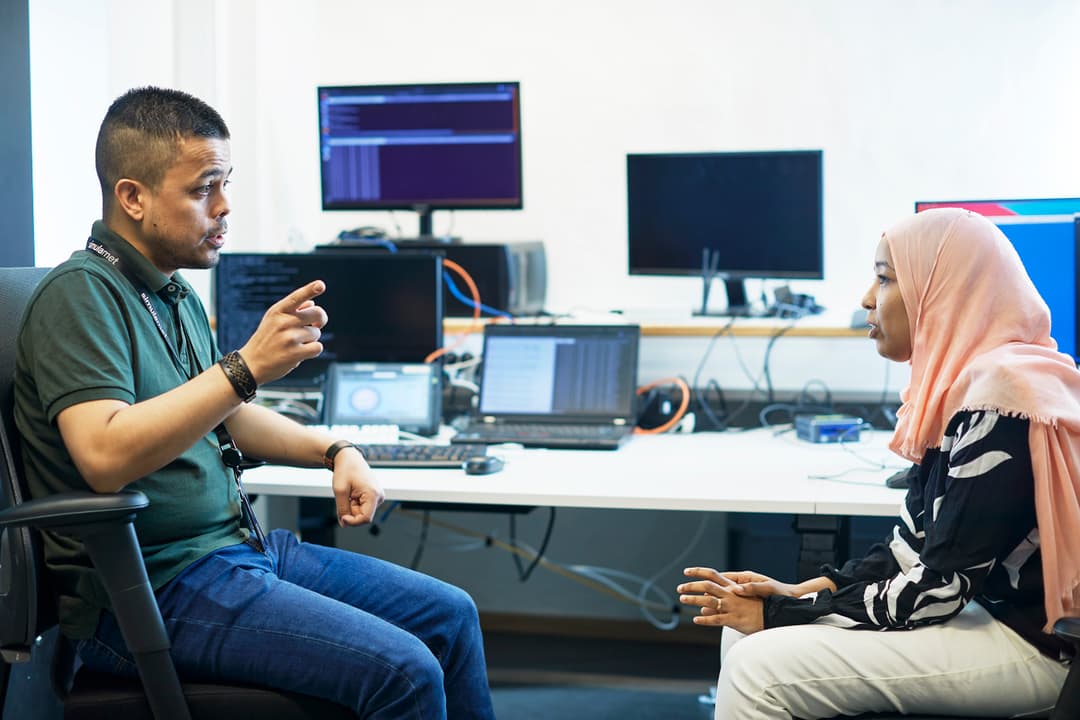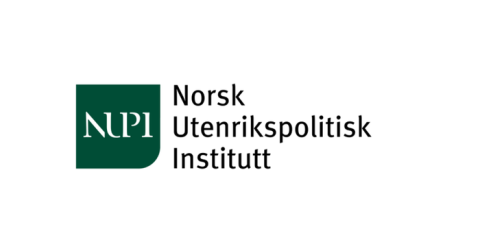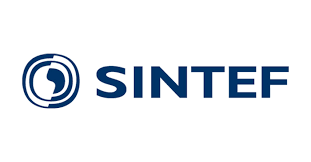Center for Resilient Networks and Applications
The Center for Resilient Networks and Applications (CRNA) conducts research on the robustness and reliability of communication networks and applications. We focus on mobile and fixed network infrastructures, as well as analysis of application behaviour, including privacy and security.

As society becomes increasingly dependent on internet applications, the consequences of failure become more severe. Technical failures, unplanned excessive load, design and implementation flaws in components, human error, and malicious intent all have the potential to interfere with services that rely on the internet.
CRNA was established to address these problems. Conducting theoretical and empirical research on the robustness and security of ICT infrastructures. We seek ways to ensure that applications continue to function at their best possible level of quality and security, even in the face of unplanned events.
Focus areas
Improving the resilience and robustness of mobile networks. The faster speeds and increased bandwidth of 5G technology enable new applications, such as private cellular networks based on 5G slices. But along with the benefits of 5G, we also face new challenges around security, robustness, resilience and interoperability. We operate the SimulaMet Interoperability Lab (SMIL), where we do hands-on research in this area, as well as developing the technical groundwork for the 6G network. Our vision is that the public mobile networks shall be able to underpin even the most critical applications, which are today run on special-purpose networks.
Digital vulnerabilities and national autonomy. Cyberspace is increasingly distributed, and this trend is only going to increase as network functions move from hardware to software. For instance, a mobile operator may move network functions, such as authentication servers and packet gateways, to a neighbouring country with cheaper data centres and better international connectivity. While desirable from an operational perspective, it comes at the cost of increasing society’s vulnerability to cyber-attacks and major disruptions.
Few countries can control their own digital vulnerability alone - the vast majority inherit vulnerabilities from other countries.
Professor Olav Lysne, Director of SimulaMet
By investigating the characteristics of end-to-end internet paths and overlaying them onto physical maps. We leverage this mapping to assess potential vulnerabilities of an online service to topological and wide-area attacks.
Network security and privacy. We research various aspects of cyber security and privacy in the evolving threat landscape of next generation communication. An important component of our work is to uncover the technical consequences of using 'apps', in terms of what happens to our data as well as the geographical dependencies of the digital ecosystem that these apps rely on. This work will also be extended to the Internet of Things (IoT).
In addition to investigating what happens to data shared online, we contribute to Norway’s cyber security strategy by assisting in building the next generation of resilient and secure critical communications infrastructure using research-based innovations.
Privacy preservation is the next frontier. As more data is being collected and shared it is increasingly important to ensure that individuals' personal information is protected and not misused.
Haakon Bryhni, deputy head of CRNA
Long-term monitoring of Norwegian mobile broadband networks. The Center receives funding from the Norwegian Ministry of Digitalization and Public Governance to conduct long-term measurements of Norwegian mobile broadband networks. The measurements form the basis for an annual report on the stability and performance of these networks.
Key partners





















